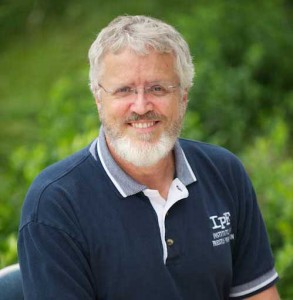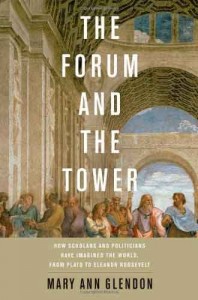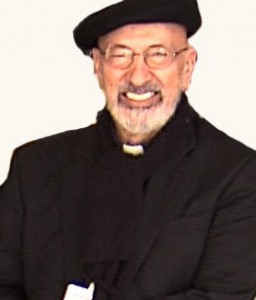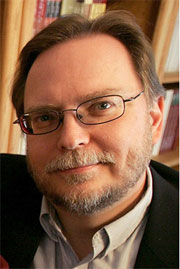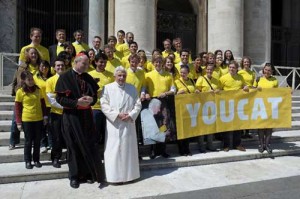Fr. Robert Sirico offers an engaging presentation of the moral foundation for the free market. He helps us to see our economy, not as a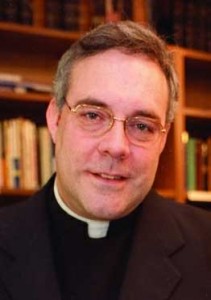 “mechanism” but rather as a dynamic of human relationship. When this is done, basic principles found in Catholic Social Teaching can then be applied and used to redeem a system that can bring about the common good. Many view the free market theory and policies as rationalization for the excess found in capitalism and fuel for the sins in the heart of some capitalists. Fr. Sirico, doesn’t deny this reality, but instead helps us to see the goodness hidden beneath the distorting effects of moral failure, challenging us to bring the light of virtue into the system which can enhance the dignity of the human person and better the society as a whole. An important and fascinating topic for our time, Fr. Sirico somehow manages to make a potentially dry subject compelling and relevant by sharing much from his own spiritual journey and life. An excellent read…highly recommended to all.
“mechanism” but rather as a dynamic of human relationship. When this is done, basic principles found in Catholic Social Teaching can then be applied and used to redeem a system that can bring about the common good. Many view the free market theory and policies as rationalization for the excess found in capitalism and fuel for the sins in the heart of some capitalists. Fr. Sirico, doesn’t deny this reality, but instead helps us to see the goodness hidden beneath the distorting effects of moral failure, challenging us to bring the light of virtue into the system which can enhance the dignity of the human person and better the society as a whole. An important and fascinating topic for our time, Fr. Sirico somehow manages to make a potentially dry subject compelling and relevant by sharing much from his own spiritual journey and life. An excellent read…highly recommended to all.
Podcast: Play in new window | Download (Duration: 28:59 — 26.5MB) | Embed
Subscribe: Apple Podcasts | Spotify | Amazon Music | Android | Pandora | iHeartRadio | JioSaavn | Podchaser | Gaana | Podcast Index | Email | TuneIn | Deezer | Anghami | RSS | More
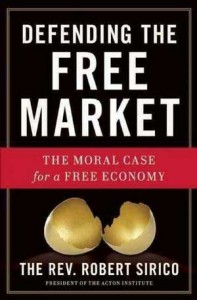 You can find the book here
You can find the book here
“I’ve been doing financial counseling and education for over two decades, and one thing that has always stood out to me is how much money is connected to every part of our lives, from relationships to politics to ministry. Money is never just about money; it’s always just part of the issue. That’s why I appreciate Father Robert Sirico’s ministry. Sure, he talks about money, but he also shows how all of these different aspects of our lives interact with and impact each other.”
—Dave Ramsey, New York Times best-selling author and nationally syndicated radio show host

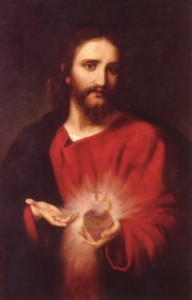



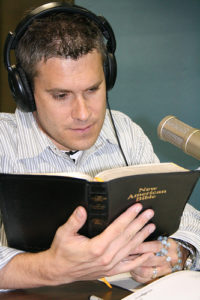
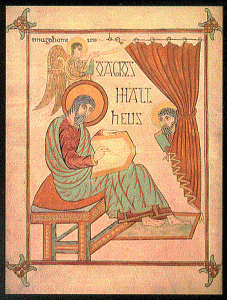 The Gospel of Matthew…it’s time, context, importance, and relevance for today. Who was Matthew? Who were the people he was addressing? What makes it unique?
The Gospel of Matthew…it’s time, context, importance, and relevance for today. Who was Matthew? Who were the people he was addressing? What makes it unique?
